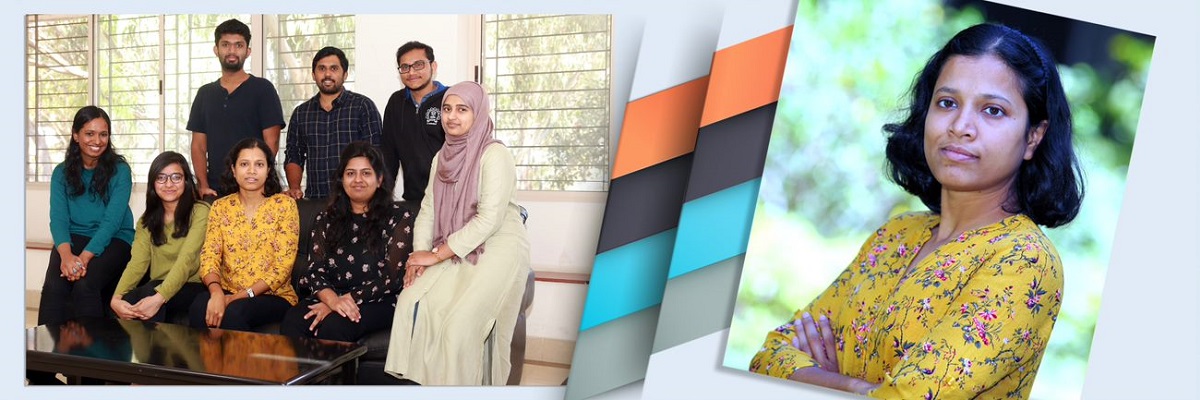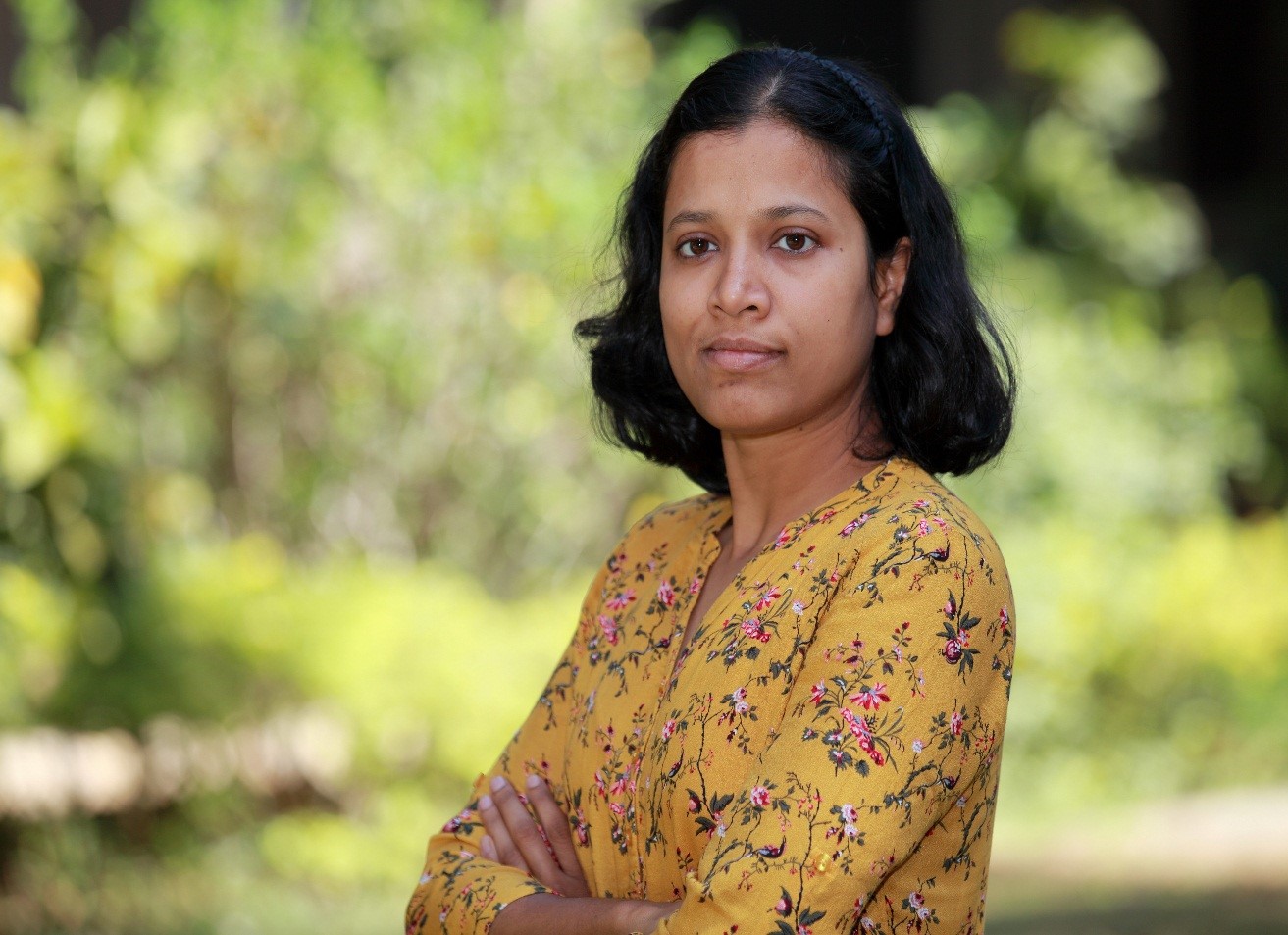Women Scientists in IISc – Dr. Arpita Patra

(Photo credit: Mr. Haridasan)
Arpita Patra is an Assistant Professor in the Department of Computer Science and Automation. She joined IISc in 2014. Her area of research is cryptography. She did her PhD at IIT Madras and postdoc at the University of Bristol, UK; ETH Zurich, Switzerland and Aarhus University, Denmark.

- When did you first realise that you wanted to be a scientist?
I realised this when I was undergoing an undergrad internship at IIT Bombay. The charged-up research atmosphere did magic on me. I realised that unleashing thoughts in search of scientific truths brings an intoxicating sense of freedom. It is hard to stay away from it.
- Why did you choose this area of research?
The theory of Computer Science always fascinated me. With its rich and stellar history of more than two thousand years, cryptography is one of the most fascinating sciences. Soon after my induction into the area, I found it a perfect match for me.
- What are the big unresolved questions in your field?
Some problems are easy, and some problems are hard. In the world of computer science, there are many problems that we know, such as how to program a computer to solve “quickly” a.k.a. in “polynomial time,” abbreviated as “P.” But there is another group of problems for which it is easy to check whether or not a possible solution to the problem is correct, but we don’t know how to efficiently find a solution. Finding the prime factors of a large number is such a problem. For historical and technical reasons, problems of the latter type are known to be solvable in “nondeterministic polynomial time,” or “NP”. The million-dollar question, on which a big chunk of modern cryptography stands, is termed as the P vs NP question. As any problem in P is automatically in NP, the essence of this question is whether or not the reverse is true. That is, if I have an efficient way to check solutions to a problem, is there an efficient way to actually find those solutions? Most mathematicians and computer scientists believe the answer is no. An algorithm that could solve NP problems in polynomial time would have mind-blowing implications throughout most of math, science, and technology, and those implications are so out-of-this-world that they suggest reason to doubt that this is possible.
——————————————————————————————————-
“The liberation and freedom to think beyond the known and obvious is the most gratifying gift of living with science”
——————————————————————————————————-
- What is the most important advice you got that you think has helped you in your career?
“Stay true to your work and duty. You will be the best example for your kid and most-loved by her at the same time.” — suggested by one of my senior colleagues from IIT on motherhood. After attaining motherhood, the tussle between eagerness to get back to workplace (I was never away from my work!) and the heart-wrenching thought of leaving behind the baby was daunting to resolve. In my humble opinion, every capable person’s duty goes beyond home and immediate family. Unfortunately, many capable women even today doubt their capability, compromise, restrict their duty to supporting their male counterparts and succumb to stereotypical roles. The less we create such examples of ‘women are born to compromise’ the better it is for women in science and for women in general. If we do not want this to repeat and recur in our next generation, then we need to fight fiercely, for none can fight for us the way we can.
- If you had any women mentors or role models in science, who were they and what do you think you’ve learned most from them?
Marie Curie. My parents gifted me the biography of Marie Curie, written by her younger daughter, on one of my birthdays (while I was in school). I learnt the following from her life: No barrier can stand in front of true passion and dream as long as you live, no matter what.
- What is the most fulfilling thing about a life in science?
A life in science brings out a true passionate thinker in a person. The liberation and freedom to think beyond the known and obvious is the most gratifying gift of living with science.
- What do you like most about working in IISc?
The terrific combination of green campus and fertile minds.
- If there is one thing you’d like to change about IISc, what would it be?
The infamous gender-biased image of IISc during the tenure of the most elite director of IISc, Prof. C. V. Raman. This had shaken me to the core. I wish IISc was an all-time great example of fairness amongst the modern Indian varsities.
- What would be your advice for aspiring women scientists?
Your capabilities, passion, thoughts and life are significant. They matter and are not meant to be compromised and side-lined for ANYTHING. With history awash with such compromises, science cannot afford to lose more women scientists. Be an audacious dreamer, and hold strong ownership on it. The glass ceiling is bound to fall apart in the face of your love, passion and determination.
Click here to view about a few of the Other Women in Science





